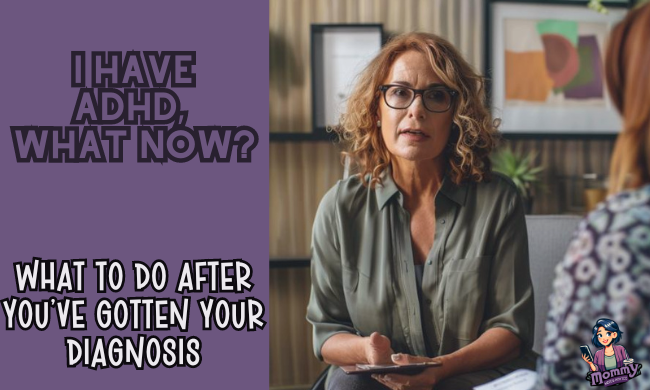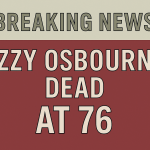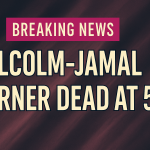“I have ADHD, What Now?” What Do I Do After I’ve Gotten My Adult ADHD Diagnosis?
My whole life I knew that I was a little odd. Many people have told me that I can be ‘extra’ sometimes. My emotions don’t always range appropriately to the situation and I will forget anything you don’t tattoo on my forehead. But, while a bit odd, this was all very normal to me.
I made it through childhood and high school only having to do the bare minimum because my brain worked faster than the average student’s. I excelled at things that engaged my creativity, but struggled in math because if it wasn’t something I could teach myself in five minutes, my brain just said no. In calculus, I drew more daisies than I solved math equations.
Early Adulthood Struggles
My twenties were good, but I struggled with interpersonal relationships because I often couldn’t see past my own intense emotions. I tried desperately to fit in with others and wanted being social to be as easy for me as it was for other people – but it wasn’t. It’s hard to focus on having meaningful conversations when your brain is going in twenty directions and you are focused on whether the other person was judging me. Furthermore, it didn’t help I could hear someone popping their gum five feet away and it made my skin hurt.
I had heard of ADHD but thought it was something that little kids had, and, mostly boys at that.
It wasn’t until after I had my second child, and I noticed that some of my oddities were multiplying and running my life that I started looking for answers. A few months after my son was born, a friend of mine told me that she got an ADHD diagnosis and that the medication had changed her life.
I immediately began researching ADHD, what it looked like in adults, and how many different symptoms it can potentially cause…
The more digging I did, and talking to people within the community, the more I realized that there was a very strong possibility that this was a condition I was dealing with.
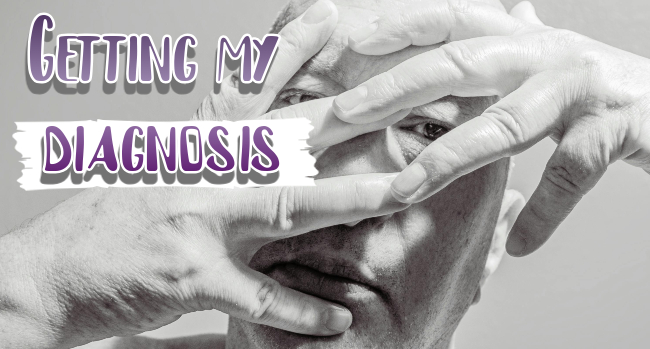
Getting My Diagnosis
Getting My Diagnosis
I live in a super small, rural town in North Carolina. We have doctors here, but not many who will willingly diagnose and treat you for ADHD. It took a few calls, but I eventually found a behavior specialist to give me the ‘test’ and then recommend that the doctor treat me for the condition. The counselor diagnosed me with combination Type ADHD – which is a combination of presenting symptoms from one or more types of ADHD.
The counselor passed me on to a doctor who began prescribing me stimulant medication for my condition.
I will take a pause here to say that there are many different kinds of medications for ADHD. Some are stimulant-based, and some are not. Beyond that, some people choose to medicate once they get their diagnosis. In contrast, others might choose to research and implement coping behaviors and strategies for managing their ADHD without medication. This is a very personal choice and is best made based on your personal preferences and a frank conversation with your doctor about your symptoms and what interventions might best work for you.
So. Now I had a diagnosis. But what did that mean for me?
I was lost.
I had directed all my energy towards finding out whether I had the condition and had not given any thought to what my next steps would be if I got a positive diagnosis.
Adult ADHD Diagnosis: What Now?
While medical studies have been studying the effects of ADHD on children for many years, the concept of ADHD in adults is relatively new. In fact, for a long time – the general consensus was that ADHD primarily affected young male children and that as the child aged, they would grow out of the condition altogether. We know now this is not the case.
It’s rare for someone to simply “outgrow” ADHD. More commonly, as children with ADHD grow older, they develop coping mechanisms. These coping mechanisms, like masking, help them blend in and resemble their neurotypical peers.
Many adults with ADHD never received a diagnosis as children. We struggled in silence because people misunderstood our symptoms. They saw these ADHD-related symptoms as educational or neurological gifts instead. This misunderstanding often left us without the support we needed during our formative years. Now, as adults, we seek understanding and proper diagnosis to manage our condition better.
As adults, many of us receive a diagnosis after watching our children struggle with similar symptoms. Parents often recognize their own lifelong struggles through their children’s experiences and seek a diagnosis themselves.
So, if living with an ADHD identity is new for you… there are some steps you can take that can make this transition easier for you.
Get Support from the ADHD Community
It is estimated that more than 8 million Americans are living with an adult ADHD diagnosis of some sort. ADHD is considered a spectrum condition, much like Autism. In fact, the two conditions have so many similar and comorbid symptoms and issues that they are very often diagnosed together [AuDHD].
The national community is huge, the worldwide community is expansive. The best part about the community is that they are warm, welcoming, and willing to help you educate yourself on your condition and point you in the direction of some amazing resources. Additionally, your new community will also provide amazing unconditional support as you settle into your new identity.
There are so many online forums, blogs, and websites dedicated to providing information about the condition and everything that goes with it. Beyond that, there are some amazing Youtube channels, and individual social media content creators whose content strictly deals with ADHD, its nuances, and helping people feel connected inside their shared experiences with the condition.
I highly recommend joining as many of these communities as you can and interacting with others who are also dealing with similar struggles.

Research
Research, Research, Research
While it sounds almost backward — once you get an ADHD diagnosis, I highly recommend digging into all of the information that you can find. Research ADHD in general, what it is, how it affects the brain, etc. Make a list of all of the symptoms that you have and are aware of ( I promise you will discover you had many more you had no clue about later on). Go online and read other people’s experiences and how they managed and learned to cope with their ADHD.
Read about connections between ADHD and stress, as well as time management and time blindness. If you recognize yourself as being an overly emotional person who has deep-rooted issues dealing with perceived rejection try reading up on Rejection Sensitivity Disorder.
As you learn more about the condition and the way it presents itself, you will start to make connections and realize what symptoms you struggle with, what triggers them, and how they have affected you emotionally and physically throughout your life.
When I was on my journey – especially early on after my diagnosis, I read and consumed any ADHD content I could find, because each piece of knowledge was like a tiny piece of the puzzle. It was a tiny peek inside my brain and one step toward accepting that my brain worked differently than my peers, and that those differences aren’t necessarily bad.
Take Control Of Your Mental Health Care
ADHD is a neurological condition. People with ADHD have brains that work differently from the average person. The condition brings its own issues, struggles, and complications. Managing these obstacles can affect our mental health. Years of feeling different, incapable, or strange can impact how we handle stress. This also affects how we see and value ourselves over time.
The best part about receiving your adult ADHD diagnosis is finally having a reason why. Many of the struggles, issues, and obstacles that have made life difficult over the years were not your fault. They were a result of you having ADHD and not having the proper coping skills to help your brain function at its optimum levels.
Once you know what your version of ADHD looks like, you and your doctor can put together a plan. The plan is not only treating your ADHD with medication (if you choose), its also arming you with knowledge and skills that can help you overcome the symptoms and struggles that have held you down int he past. There are so many amazing therapists, behavioral counselors, and even learn-at-your-own-pace courses that can help you. They can evaluate your obstacles and develop new ways of looking at them and conquering them.
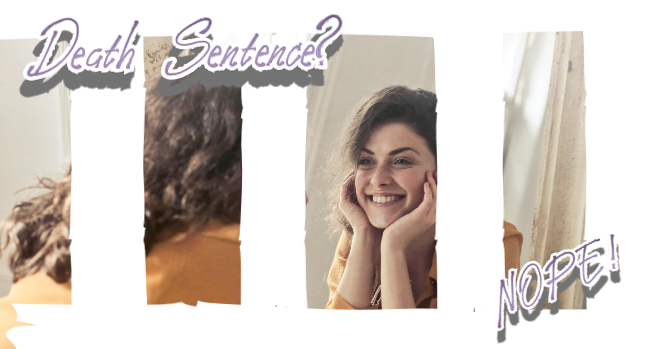
Death Sentence
An Adult ADHD Diagnosis is NOT a Death Sentence
An adult ADHD diagnosis is not a death sentence. Many people even call it a superpower. Our brains work differently, but we are amazing in unique and beautiful ways. We see the world from interesting perspectives and solve challenges creatively.
Give yourself some grace. Take time getting to know yourself and how ADHD has blended into your life and personality. Remember that, like symptoms, treatment varies for each person. If something isn’t working, speak up. Don’t struggle in silence. Talk to your doctors and mental health professionals to adjust your treatment plan. Keep making adjustments until you feel satisfied with the results.
Were you recently diagnosed with Adult ADHD? Tell us about your experience in the comments!

